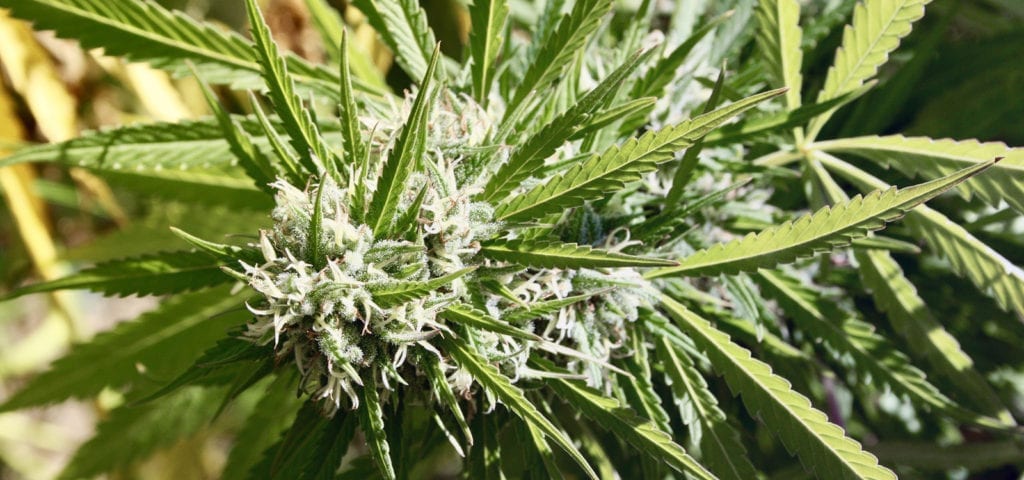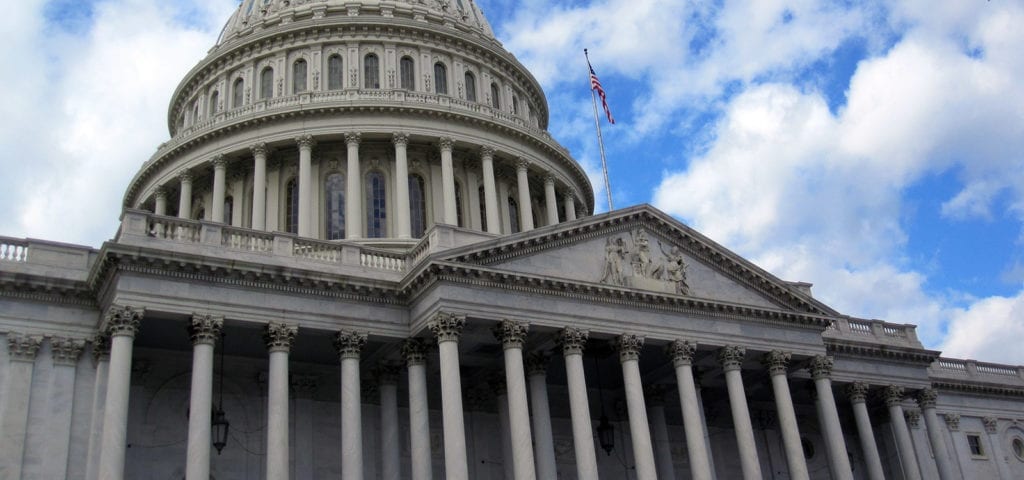In his State of the State address, New York Gov. Andrew Cuomo called on lawmakers to approve funding for a recreational cannabis feasibility study as two of its border states – Massachusetts and Vermont – move forward with their own legalization plans, the Democrat & Chronicle reports. The governor’s announcement comes the day after a potential Republican challenger, former Erie County Executive Joel Giambra, pitched legalization as a way to address the state’s infrastructure problems.
“This is an important topic, it is a hotly debated topic — pardon the pun — and it would be nice to have some facts in the middle of the debate once in a while.” – Cuomo, during State of the State address
Robert Mujica, Cuomo’s budget director, cited Massachusetts and Vermont as the impetus for the study.
“I don’t know how long it will take We just announced it. But again, once the states around you start to regulate an activity or allow it, there is leakage, there are criminal justice impacts, there are economic impacts, and so we want to see what goes on.” – Mujica to the Democrat & Chronicle
The pressure is on the largest northeast state. New Jersey Gov. Phil Murphy, inaugurated yesterday, strongly supports legalizing cannabis for adults, and Canada plans to roll out its legalization regime in July.
End























